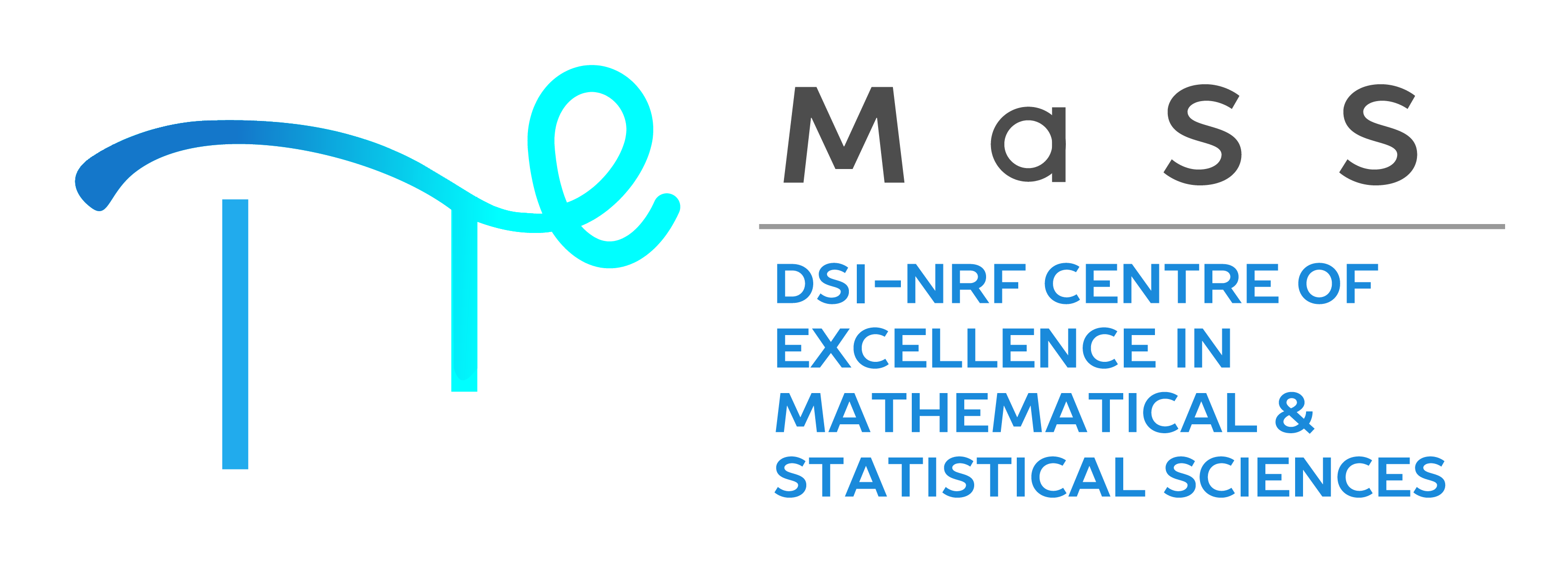On imprimitive rank \(3\) permutation groups and binary self-dual
codes
Bernardo Rodrigues, University of
Pretoria
SAMS Subject Classification Number: 15
One of the questions of current interest in coding theory is the following: given a finite non-solvable permutation group \(G\) acting transitively on a set \(\Omega\), under what conditions on \(G\) are self-dual codes invariant under \(G\) existent or nonexistent? In the talk, this problem is investigated under the hypothesis that the group \(G\) is an imprimitive rank \(3\) permutation group.
We will show that if \(G\) is a finite imprimitive rank 3 permu- tation group acting transitively on the coordinate positions of a self-dual binary code \(C\) then \(G\) is one of M\(_{11}\) of degree 22; Aut(M\(_{12}\)) of degree 24; PSL(2, \(q\)) of degree \(2(q + 1)\) for \(q \equiv 1\) (mod 4); PSL(\(m\), \(q\)) of degree \(2\times\frac{q^m-1}{q-1}\) for \(m \ge 3\) odd and \(q\) an odd prime; PSL(\(m\), \(q\)) of degree \(2\times\frac{q^m-1}{q-1}\) for \(m\ge 4\) even and \(q\) an odd rime, and PSL(3,2) of degree 14 [1].
References
[1] B.G. Rodrigues, On the classification of binary self-dual codes admitting imprimitive rank 3 permutation groups. Appl. Algebra Eng. Commun. Comput. 32(2), (2021), 113–134.


